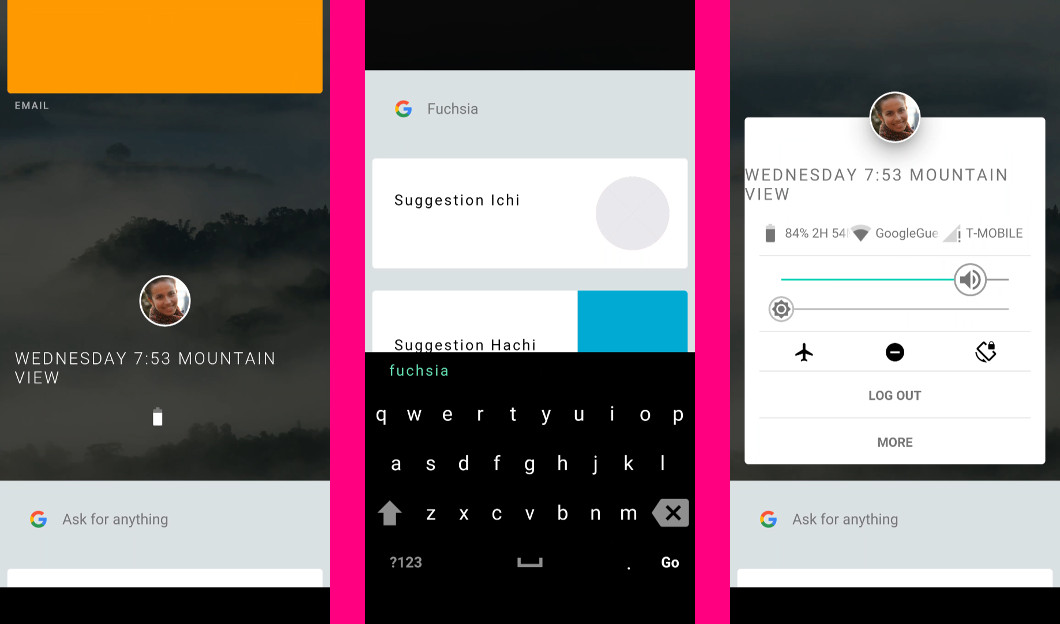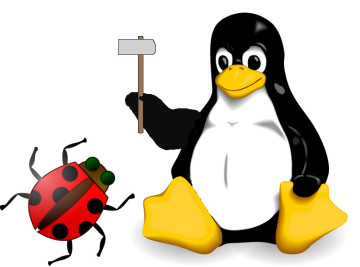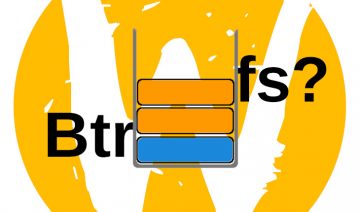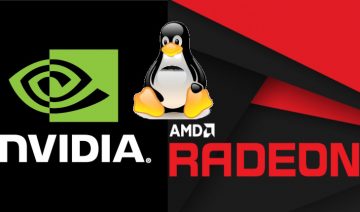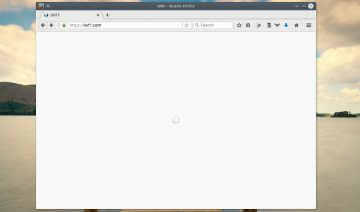As mentioned in the title Fuchsia doesn’t resemble Google’s mobile operating system – Android (at least not when it comes to its inner components), nor does it being based on the Linux kernel.
In fact, it appears Google has chosen to take their experiment to the extreme by building a brand new kernel they call Magenta, which unlike any other successful operating system (OS) out there, is designed to be a microkernel.
“Magenta is the core platform that powers the Fuchsia OS. Magenta is composed of a microkernel […]”[1]
To the non high tech oriented users among you, simply put, the term “microkernel” implies better security though it comes on the expense of performance, however, both points (security and performance) are still being debated to this day. For reference sake, Linux is a monolithic kernel, Windows and MacOS use a hybrid kernel (a kernel that has features of both monolithic and microkernel).
With regards to its user interface named “Armadillo“, Fuchsia seems to have the ability to accommodate both small and large size screens, applications works within windows which you can drag across the screen, or you may enlarge and shrink according to your needs.
Hence it might be Google’s attempt to create a uniform OS for PCs, laptops, tablets and smartphones, perhaps even for other platforms such as cars for instance, an OS that may replace the current Android and Chrome OS in the future.
From a financial perspective, this move make sense as maintaining a single operating system should be less costly than maintaining two.
With no official announcement by Google as of yet however, it all remains within the scope of speculations, though let’s not forget that Google also kept Android as a secret project for almost five years before revealing it to the grand public.
As an avid Linux user myself, I’m not sure how should the Linux community feel about such move. Should we be worried that Google, one of the grandest financier of the Linux foundation, might be leaving the platform, or, should we be happy that the giant data-collecting company may no longer steer us to the realms of their interests.
How do you feel about it?
